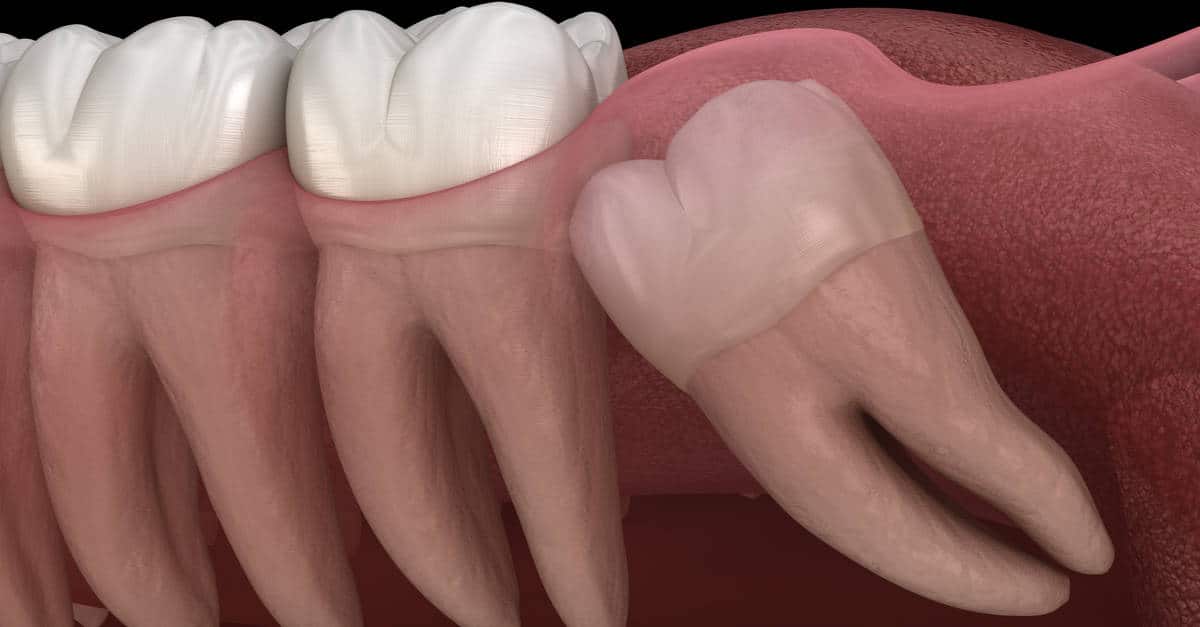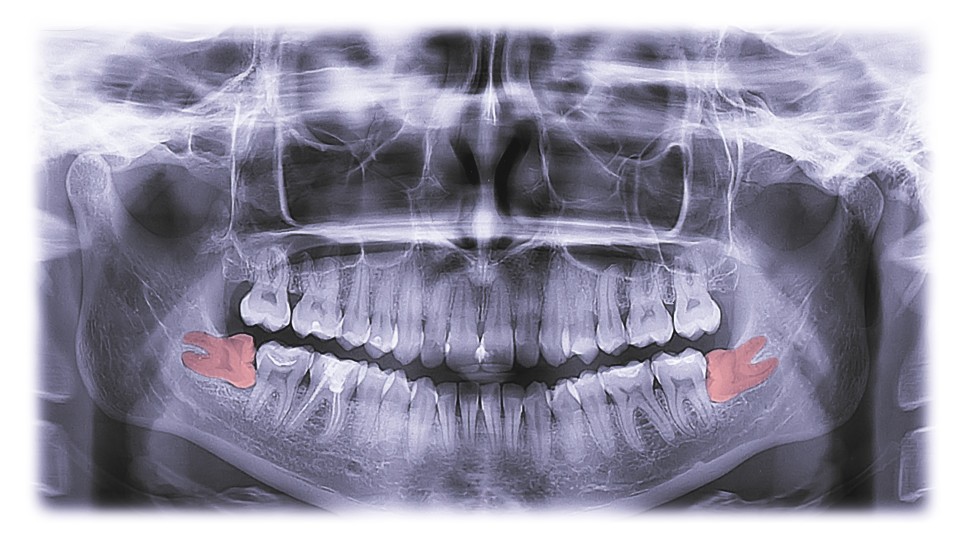Exploring Different Sedation Options for a Comfortable Wisdom Teeth Extraction Experience
The usage of sedation during such treatments has actually ended up being increasingly typical to reduce stress and anxiety and discomfort. With an array of sedation alternatives available, from regional anesthesia to general anesthesia, each approach offers varying levels of leisure and discomfort control.
Local Anesthetic
Regional anesthetic is a typically utilized technique for numbing details areas of the mouth during wisdom teeth removal procedures. By carrying out an anesthetic, such as lidocaine, a dental professional can guarantee that the individual stays comfy and pain-free throughout the removal procedure. Neighborhood anesthesia jobs by briefly obstructing the nerves in the mouth, avoiding them from sending discomfort signals to the mind. This enables the dentist to do the removal without causing any type of discomfort to the individual.
One of the primary advantages of regional anesthesia is its targeted numbing impact, which indicates that just the particular area being treated is influenced. This local strategy minimizes the danger of systemic side impacts and enables for a quicker recuperation post-procedure. Additionally, regional anesthesia is taken into consideration to be a secure and routine practice in dental care, with marginal threats involved when carried out by a skilled expert.
Nitrous Oxide
Nitrous oxide, generally known as laughing gas, is a form of sedation usually made use of in dental care to help clients loosen up during oral treatments. This sedation choice enables the client to stay responsive and aware throughout the treatment while feeling at ease and comfy.
Furthermore, nitrous oxide is recognized for its quick recuperation time. As soon as the mask is removed, the effects of the gas disappear rapidly, permitting clients to resume their normal tasks without lingering sedative effects. This makes nitrous oxide a convenient choice for those who need to drive themselves home after the dental appointment. Nitrous oxide is appropriate for patients of all ages, making it a functional sedation option for wisdom teeth extractions and other dental treatments.
Oral Sedation
Oral sedation, a pharmacological technique utilized in dentistry, includes the management of sedative medications by mouth to generate an unwinded state throughout oral treatments. This kind of sedation is frequently used for individuals undergoing knowledge teeth removal to alleviate stress and anxiety and discomfort. The drugs suggested for dental sedation come from a class of medicines called benzodiazepines, which have sedative, anxiolytic, and amnesic residential properties. Normally, the client takes the suggested medicine before the treatment, enabling sufficient time for the sedative results to take hold.
One of the key advantages of oral sedation is its convenience of management. Unlike intravenous sedation, dental sedation does not require needles or shots, making it an extra comfortable choice for people with a concern of needles. Furthermore, oral sedation is taken into consideration efficient and risk-free when provided by qualified oral experts. It is important for people to comply with pre-operative guidelines provided by their dentist, such as avoiding from consuming or consuming before the treatment to make certain the sedative medication functions as planned.
IV Sedation
Provided intravenously by trained clinical specialists, IV sedation is an effective technique used to induce a controlled state of deep leisure and unfamiliarity throughout oral procedures. Unlike dental sedation, which can be uncertain in its impacts, IV sedation enables specific control over the degree of sedation, making it a perfect option for complicated treatments like wisdom teeth removals.
Throughout IV sedation, a sedative drug is provided straight into the blood stream through a blood vessel, permitting it to work promptly and efficiently. This method makes certain that the patient remains comfortable and unaware of the procedure while still keeping crucial features such as breathing and heart rate.
One of the key benefits of IV sedation is its capability to supply a deeper degree of sedation contrasted to various other methods, making it particularly suitable for individuals with high degrees of anxiety or those undergoing substantial dental job (wisdom teeth removal aspendale). In addition, the results of IV sedation commonly diminish progressively after the procedure, reducing the chance of grogginess or sticking around side effects. Generally, IV sedation uses a secure and effective choice for making sure a comfy and stress-free experience during knowledge teeth extraction

General Anesthetic
Having actually talked about the benefits Read Full Report of IV sedation for wisdom teeth extraction, the use of general anesthesia gives an alternative option for people needing a deeper degree of unfamiliarity throughout dental procedures. General anesthesia causes a regulated state of unconsciousness, making sure the individual feels no pain or discomfort during the extraction procedure. This method is particularly beneficial for individuals with extreme oral anxiety, facility medical demands, or those this contact form undergoing multiple extractions at the same time.
General anesthesia is provided by an experienced anesthesiologist that carefully keeps an eye on the patient's essential indicators throughout the treatment. It includes using intravenous medicines or inhaled gases to cause a state of unconsciousness. While under basic anesthetic, the patient will certainly not understand the surgery, experience any type of pain, or have any type of recollection of the treatment afterward.
Although general anesthetic is secure when administered by qualified professionals, it carries a somewhat greater risk contrasted to other sedation options - wisdom teeth removal aspendale. People considering general anesthesia for knowledge teeth removal should discuss the possible threats and benefits with their dental practitioner or oral straight from the source specialist to make a notified choice based on their individual needs and clinical background

Final Thought
In conclusion, numerous sedation choices are offered to ensure a comfortable knowledge teeth removal experience. Dental sedation and IV sedation deal deeper degrees of relaxation, depending on the individual's requirements.
Nitrous oxide is ideal for clients of all ages, making it a versatile sedation option for wisdom teeth extractions and other dental procedures.
